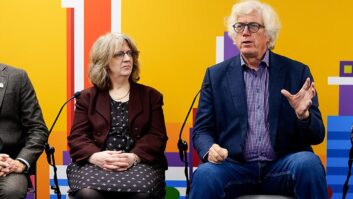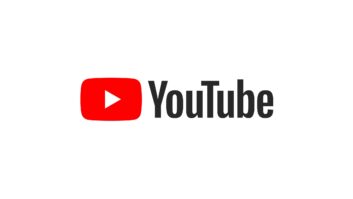A rumoured government plan to scrap the licence fee and turn the BBC into a subscription-driven broadcaster would be “hugely positive” for the UK media industry according to one analyst.
The Sunday Times reported the government is preparing to overhaul the BBC by forcing it to sell off the majority of its radio stations and scale back other parts of the business, as well as ending the licence fee and forcing it to compete against the likes of Netflix and Sky on a subscription model.
“In many ways, this would be a better business model than the current licence fee, assuming low churn and premium pricing were components of the subscription,” Alex DeGroote, independent media analyst and senior advisor to Trillium Partners, tells TVBEurope.
“Subscriptions would be set – overall – at a higher rate than the current licence fee. In the short to medium term, there might also be meaningful disruption as the BBC made the transition to a mixed economy funding model,” he adds.
DeGroote adds that turning the BBC into a subscription-funded broadcaster would be a “major shot in the arm” for the UK’s commercial broadcasters. “Talent would move freely, investment would move more freely. The UK is very good at creating premium content, and with the BBC part of the commercial ecosystem, this would be further enhanced. News has been adversely impacted by the BBC’s huge investment in online website news provision, which has been to the detriment of the commercial sector (which is often ad-funded). This would reverse.”
Since the news broke, supporters of the BBC have taken to social media to express their dismay at the reports – #savetheBBC was trending on Twitter for much of the day on Sunday. DeGroote says he believes the majority of viewers would actually support a move to a subscription service. “There is a chronic mismatch between the people and age groups who actually consume the BBC, and the people and age groups who the BBC want to appeal to,” he says. “The BBC is popular with older demographics, not under 35s. It is time the BBC – and Ofcom – understood that more clearly. But everyone gets older, so the dynamic is not as bad it seems.”
Asked whether he thinks the government will be successful with its plans, DeGroote says he thinks so and the technology is already in place to facilitate such a move. “The BBC needs to be cherished and nurtured, everyone accepts that,” he continues. “But long-term strategic planning needs to start now. And from an outside – or market – perspective, the BBC needs to cooperate with the commercial sector, and with its global PSB cohorts.”







